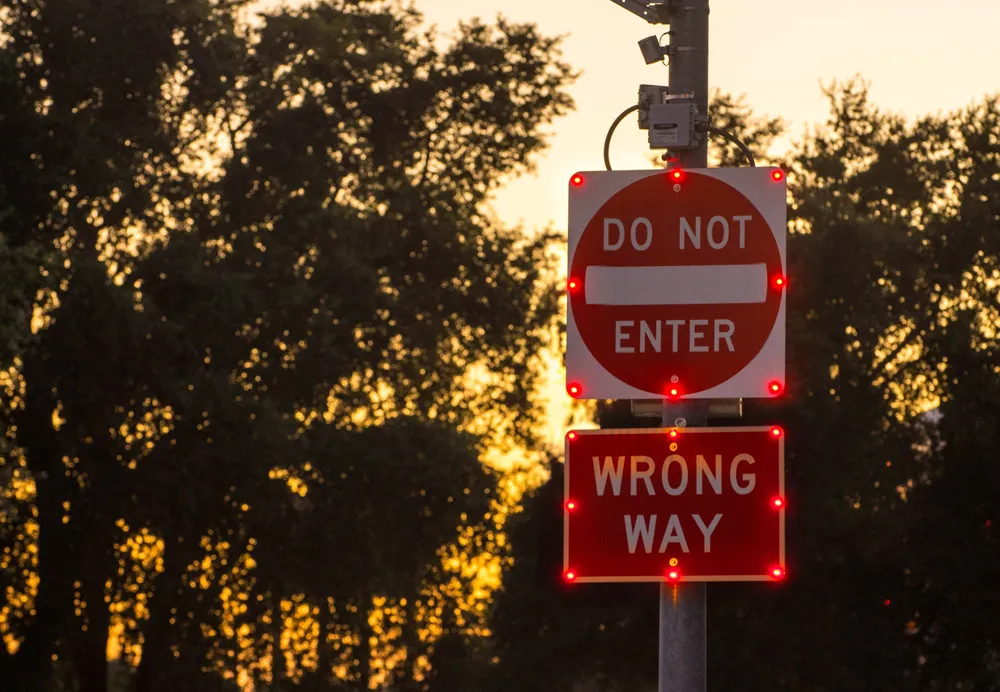A growing number of US state departments of transportation are leveraging innovative drone technology to creatively improve safety, reduce traffic congestion and save money. According to a March 2016 survey by the American Association of State Highway and Transportation Officials (AASHTO), 33 state departments of transportation have or are exploring, researching, testing or using unmanned aerial vehicles, commonly referred to as drones, to inspect bridges and assist with clearing vehicle crashes, among othe
March 29, 2016
Read time: 2 mins
A growing number of US state departments of transportation are leveraging innovative drone technology to creatively improve safety, reduce traffic congestion and save money. According to a March 2016 survey by the 4944 American Association of State Highway and Transportation Officials (AASHTO), 33 state departments of transportation have or are exploring, researching, testing or using unmanned aerial vehicles, commonly referred to as drones, to inspect bridges and assist with clearing vehicle crashes, among other innovative applications.
AASHTO's latest poll comes on the heels of a joint survey of members of the AASHTO Standing Committee on Aviation and the Standing Committee on Highways conducted in the summer of 2015, which documented growing interest in drone technology.
This spring, Michigan State Department of Transportation (MDOT) is set to begin a two-year UAV study; phase two of an 18-month UAV study completed by MDOT and the Michigan Tech Research Institute in 2014.
MDOT engineer of operations and maintenance Steven J. Cook says UAVs are a safe, reliable and cost-effective way to monitor traffic flows, obtain photos from inside confined spaces and gather data on bridge conditions.
"Our first study looked at the viability (of UAV's) and what we found out is that the unmanned aerial vehicle provided a mechanism to keep our workers out of harm's way," Cook said. "A traditional bridge inspection for example typically involves setting up work zones, detouring traffic and using heavy equipment. The UAV's can get in and get out quickly, capturing data in near real-time and causing less distraction and inconvenience to drivers."
MDOT estimates that a standard bridge deck inspection takes eight hours, a crew of four people and heavy equipment; costing at an estimated US$4,600. The same inspection with a drone takes two people, just two hours at an estimated cost of US$250.
"We've been looking into drones for some time," says Cassandra Isackson, director of aeronautics at Minnesota Department of Transportation (MnDOT). "In addition to operating the highway system MnDOT is in charge of aviation as well, so we've been looking at drones from the perspective of commercial operators, businesses, everyone out there using them. The highway side of MnDOT has been exploring them for potential cost savings for things like bridge inspections, surveying, and aerial photography."
AASHTO's latest poll comes on the heels of a joint survey of members of the AASHTO Standing Committee on Aviation and the Standing Committee on Highways conducted in the summer of 2015, which documented growing interest in drone technology.
This spring, Michigan State Department of Transportation (MDOT) is set to begin a two-year UAV study; phase two of an 18-month UAV study completed by MDOT and the Michigan Tech Research Institute in 2014.
MDOT engineer of operations and maintenance Steven J. Cook says UAVs are a safe, reliable and cost-effective way to monitor traffic flows, obtain photos from inside confined spaces and gather data on bridge conditions.
"Our first study looked at the viability (of UAV's) and what we found out is that the unmanned aerial vehicle provided a mechanism to keep our workers out of harm's way," Cook said. "A traditional bridge inspection for example typically involves setting up work zones, detouring traffic and using heavy equipment. The UAV's can get in and get out quickly, capturing data in near real-time and causing less distraction and inconvenience to drivers."
MDOT estimates that a standard bridge deck inspection takes eight hours, a crew of four people and heavy equipment; costing at an estimated US$4,600. The same inspection with a drone takes two people, just two hours at an estimated cost of US$250.
"We've been looking into drones for some time," says Cassandra Isackson, director of aeronautics at Minnesota Department of Transportation (MnDOT). "In addition to operating the highway system MnDOT is in charge of aviation as well, so we've been looking at drones from the perspective of commercial operators, businesses, everyone out there using them. The highway side of MnDOT has been exploring them for potential cost savings for things like bridge inspections, surveying, and aerial photography."










